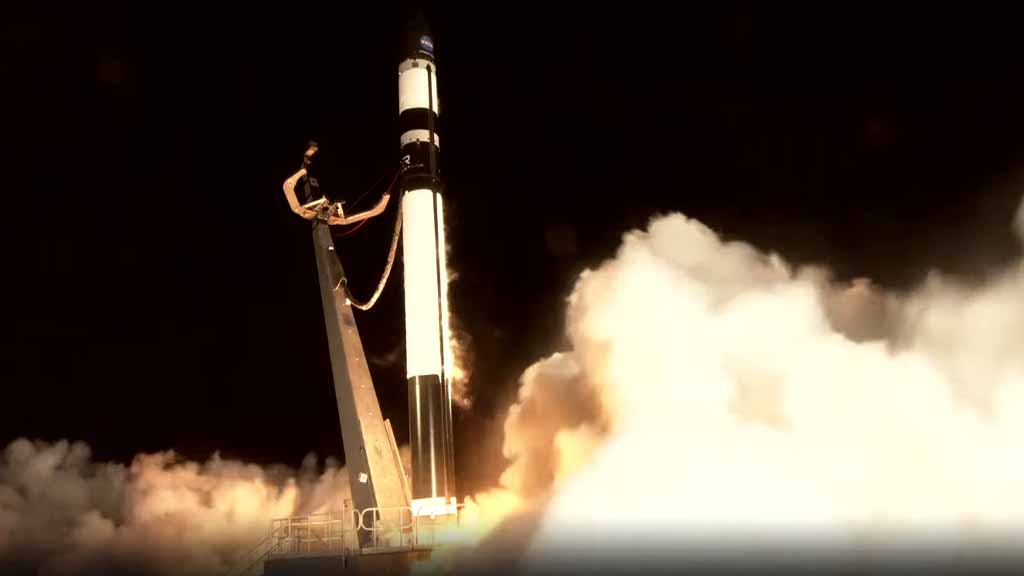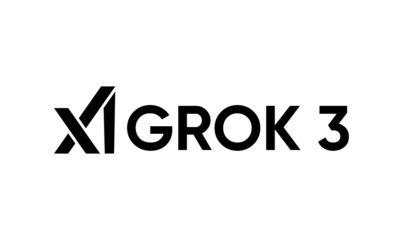Rocket Lab
Rocket Lab launches NASA’s PREFIRE CubeSat mission

At 7:41 p.m. NZST Saturday, May 25 (3:41 a.m. EDT), Rocket Lab launched NASA’s PREFIRE CubeSat satellite mission. The Electron rocket was fired from Pad B at Launch Complex 1 in Mahia, New Zealand.
This is the first of the two PREFIRE satellite launches contracted by NASA. Polar Radiant Energy in the Far-InfraRed Experiment (PREFIRE) satellite will help to measure heat loss from the Arctic and Antarctica.
The Arctic and Antarctic help to regulate Earth’s climate by radiating a huge amount of heat absorbed at the tropics back into space. About 60 percent of that heat escapes to space from the Arctic as far-infrared wavelengths. These wavelengths are those that haven’t been measured yet.
It relates to how much of the Sun’s energy is retained by Earth. The amount of heat the planet receives should be balanced by the amount that radiates from it. The difference between incoming and outgoing energy determines Earth’s temperature and forms climate.
Therefore the data provided by PREFIRE will help researchers to predict the Earth’s future temperature and its impact on climate change.
Talking about the satellites, are packed with specially shaped mirrors and detectors to split and measure infrared light. Also to make reading using a device called a thermocouple which is similar to household thermostat sensors. The satellite will provide a range of data including atmospheric temperature, surface properties, water vapor, and clouds.
NASA developed this mission with the University of Wisconsin-Madison. The Jet Propulsion Laboratory in South California manages the mission for NASA’s Science Mission Directorate and provides the instrument.
One down, one to go! 🛰️
The first PREFIRE satellite has been successfully deployed. We’re proud to deliver mission success for the team at @NASAJPL and @NASA_LSP once again.
The second launch, ‘PREFIRE and Ice,’ is just days away now. Stay tuned for the launch date soon! pic.twitter.com/7wcqYJKv3t
— Rocket Lab (@RocketLab) May 25, 2024












